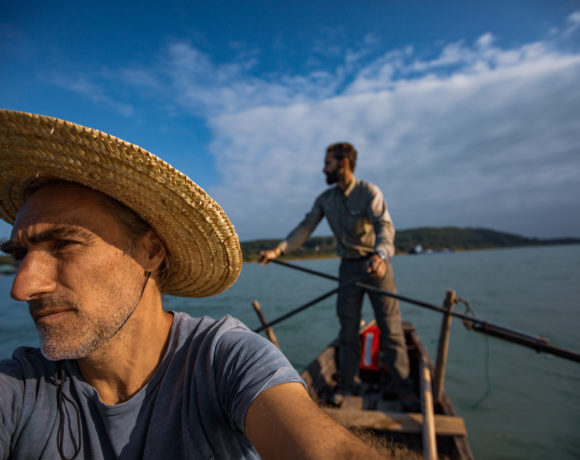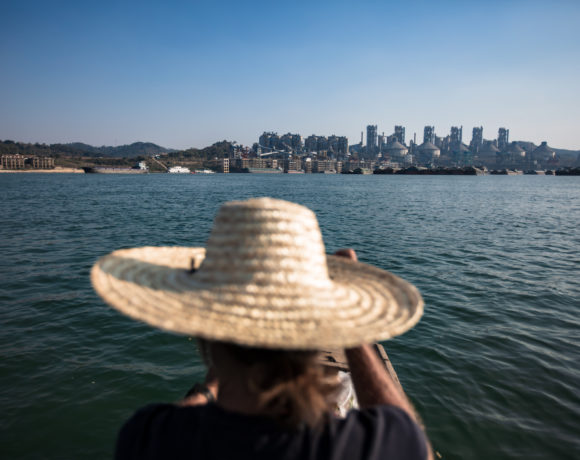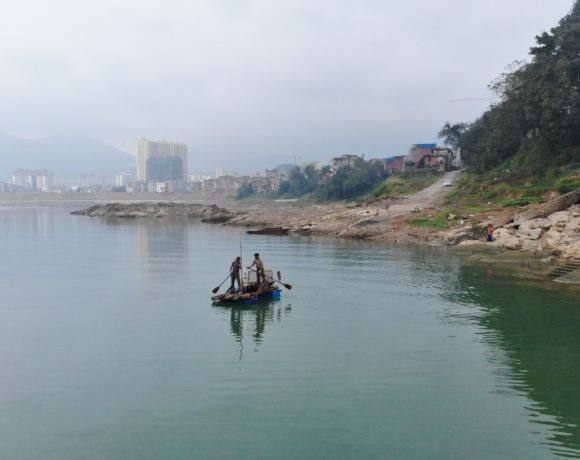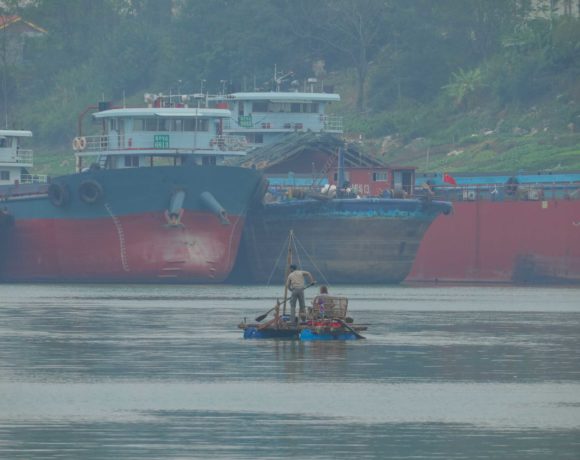Plastic and China, in everyone’s imagination, this relationship is as close and obvious as beer with pizza
LOGBOOK 3 #PERALRIVER
So, here we are. Busy sailing on one of the world’s ten most plastic polluted rivers. Plastic and China, in everyone’s imagination, this relationship is as close and obvious as beer with pizza. In fact, China has a big history with plastic. Throughout its rise to economic prominence, China has manufactured and exported a huge amount of plastic products to eventually become the world’s largest plastic producer in 2013. As a result of this production and poor internal management, China is also leading the world in terms of plastic waste, specifically the amount of plastic debris contributed to our oceans.
To make things worse, as the Chinese economy grows, its demand for repurposed plastic does also and for the past few decades China had being buying as much repurposed plastic as possible. In 2016, for instance, China received more than 7.35 million tons of plastic scraps, about half of the globe’s total. These waste materials can be processed, and reused to produce various goods such as clothing, toys, decorations, as well as the packaging for these goods. It might be better to say it could be processed, if only the material was of good quality. Indeed, approximately 75% of the garbage used by China’s recycling industry comes from domestic sources, which are dirty and poorly sorted. The lack of protection and pollution controls in the small-scale rural Chinese workshops where laborers manually sort out and clean up different types of garbage has not only inflicted health hazards to the workers, but also contaminated the air, water, and soil.
It goes without saying that plastic importation is no longer a good deal for China. For this reason, in 2013 the Chinese government launched the “Operation Green Fence,” a campaign that blocks importation of illegal and contaminated recycled items through aggressive cargo inspections. In 2018 China imposed another ban on 24 categories of low-grade solid waste for recycling, including household plastics, unsorted paper, textiles, and slags.
Since foreign (our) garbage will no longer be an excuse for China’s failure to clean up the waste mountains at home, China has to find a better way to tackle this ecological challenge. Luckily, with the burgeoning high-tech business, it is already rich in opportunities if it wants to go sustainable and I can’t wait to see if Operation Green Fence has already produced some appreciable results on the state of health of the river.
I can’t wait to see how this reflect the state of health of the river.



